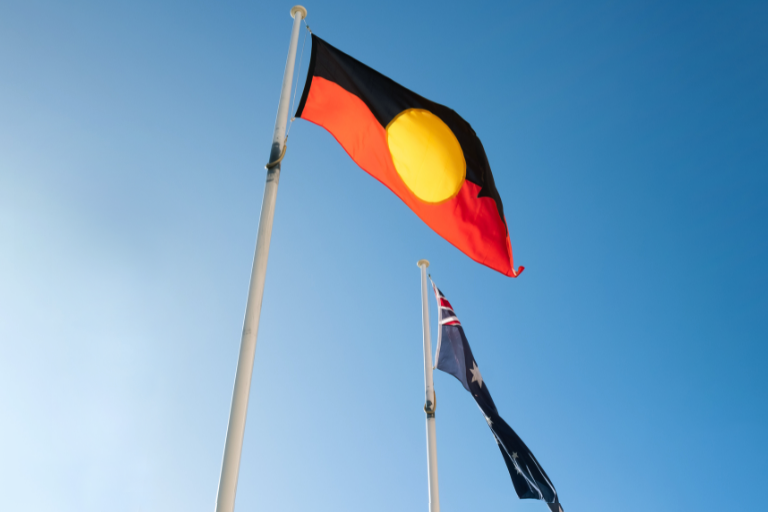In brief
- The Voice proposes altering the Aus constitution to create an indigenous advisory institution.
- Differs from NZ co-governance because: advisory body with no votes or veto power; it’s at the policy making level, not delivery of services.
- Up front approach with voters means it would be a lasting change, as opposed to NZ’s co-governance movement which had no mandate and can be changed arbitrarily.
The Voice referendum: Seeking representation for Indigenous Australians
If the 2023 Australian Indigenous Voice referendum passes then that country’s Constitution will be altered to recognise the First Peoples of Australia by establishing the Aboriginal and Torres Strait Islander Voice.

The Voice will be a permanent advisory body and make representations to the Parliament and Government on Indigenous matters.
The referendum will be held sometime between October and December 2023.
The Australian Government released design principles for the Voice, which would act as the foundation for legislation if the referendum passes. The principles include terms like independence, community-led selection, gender balance, inclusivity, accountability, and cultural sensitivity.
Australian Voice vs NZ’s co-governance
Australia’s move is attempting to address the same underlying concern as co-governance proposals in New Zealand because it seeks to give political influence to groups based on race. However, the Voice, unlike New Zealand, doesn’t allow for any voting or veto power. It also doesn’t work at the delivery of services level. NZ’s approach sets the stage for potential future bureaucratic waste, deadlock and corruption.
The suggested model for the Voice is a 24-member body, elected by local and regional elected bodies, with its final form subject to legislative determination by parliament.
Because of its constitutional nature, for the referendum to be successful it must obtain a “double majority” of votes. That means it would require approval from over half of the total national votes and over half of the voters in at least four states.
For and against
Both “Yes” and “No” campaigns have been launched, with various groups and individuals actively advocating for their respective positions.
Those in favour argue it will provide a permanent means of Indigenous community input into federal parliament and government, ensuring accountability and representation of various groups.
Those against argue that Indigenous people already have representation through their local MPs and senators, rendering constitutional recognition based on race unnecessary. They maintain that the constitution should prioritise need and merit over race. There is also the slippery slope caution where each change in favour of indigenous people is just a step to build on further.
There are also reservations that the Indigenous voice might be dominated by activists or well-funded individuals—as seen in New Zealand—potentially undermining its credibility.
A struggle for consensus and media oversight
Some, like Liberal Senator Andrew Bragg, see the referendum as being in trouble, saying getting a majority vote on the issue will be difficult.
The Aussie Prime Minister Anthony Albanese believes the referendum will be a unifying moment for the country, but recent polls show support waning.
Social media giant Meta has announced it will set aside resources to police “misinformation” and “hateful content” surrounding the campaigns, and has reportedly already removed some content opposing the amendment. Meta has a reputation for moderating content with a left-wing progressive bias, and a history of allowing sympathetic government agents to censor content directly.
Voting on the referendum is mandatory for those meeting specific criteria.





















